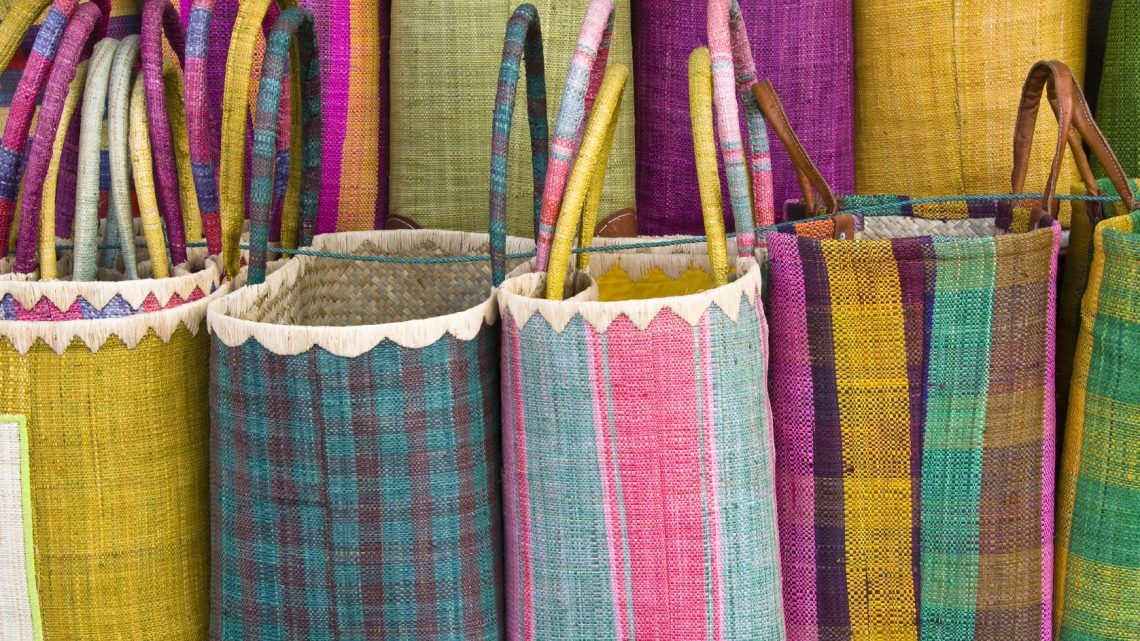You’re in the checkout line at your local grocery store and you hear the perennial question: Paper or plastic? I hope more and more frequently the answer will be, “Neither. I brought my own.”
A 2008 article from the National Cooperative Grocers Association states that each year the United States consumes 10 billion paper grocery bags, requiring 14 million trees and vast quantities of water. Entire forests (major absorbers of greenhouse gases) are cut down, and the subsequent manufacturing of bags produces greenhouse gases.
However, plastic bags are not a better solution as their production uses more fossil fuels and raw materials energy, and consumes larger amounts of crude oil and natural gas than that of paper bags. Plastic bags became popular because they are a cheap and convenient way to bag groceries and other purchased goods. While the single-use bag may be convenient, I hope we all realize by now that disposable plastic bags have grave consequences for the environment. A plastic bag will never disappear. Hundreds of years from now it will still be floating around. Unlike many other materials, plastic doesn’t biodegrade; it simply breaks apart into smaller toxic pieces that pollute our environment—which is actually worse than larger pieces because they can’t be collected.
Plastic bags are an eyesore blowing in the wind or getting caught on car antennas or mufflers. They can also entangle wildlife, causing them to suffocate and die. When exposed to fire, plastics release harmful substances into the atmosphere.
If you’re thinking that legislation banning the manufacture of plastic bags is the best solution, check out this perspective. The truth is that our high usage of plastic and other disposable items doesn’t have to last. There are many eco friendly, high quality alternatives available today.
If you’re ready to make the switch to reusable shopping bags, check out these sites for some great options:
If you’d like a compact tote bag that will fold up perfectly into a small pouch that can clip onto your belt, or be conveniently thrown into your handbag, go to www.chicobag.com. These durable bags are made with durable rip stop nylon which is reinforced and gusseted to prevent tears.
The next step is finding reusable produce bags. Visit Chartreuse to find attractive reusable produce bags at a reasonable price—and made to last. These bags can carry eight pounds of produce and weigh less than one ounce (won’t add weight to the scale). Produce can be stored in these bags and, when you’re ready, washed in them too. You can also find biodegradable trash bags on Chartreuse’s site.
If, despite your best efforts, you still find yourself with an overdose of plastic grocery bags, they can be reused or recycled. Many grocery stores will accept plastic bags to be recycled (usually you’ll find the receptacle near the entrance or near the can redemption center). Or you can reuse them as trash sacks in your home, garage and car. They also make great packing material, instead of buying peanuts. Another alternative is to donate plastic bags to local thrift stores or charities so they won’t have to buy new bags.










